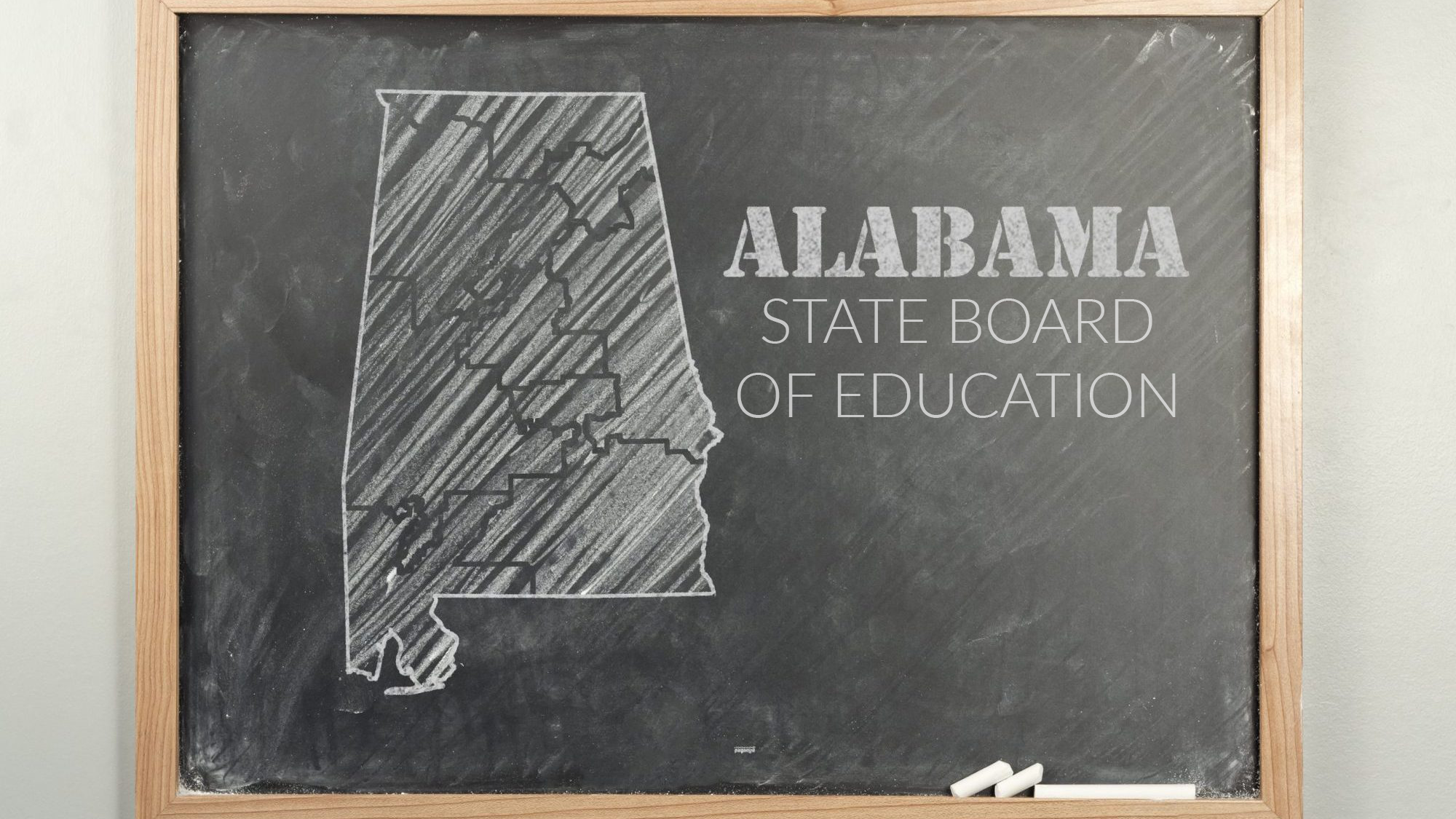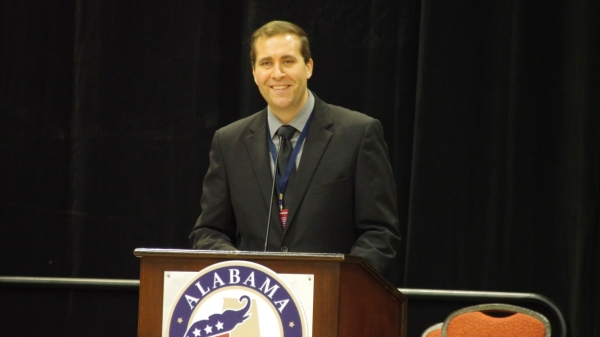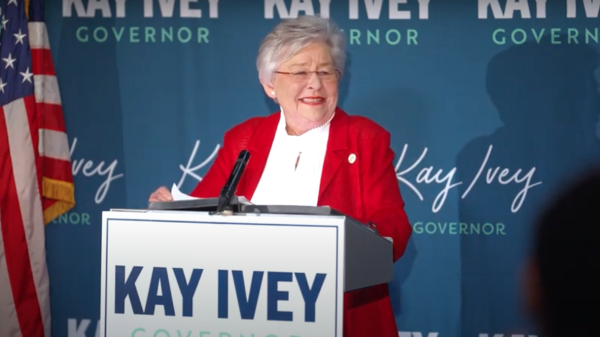The fate of the state school board will be decided by Alabama voters on March 3.
A proposed constitutional amendment, Amendment One, asks if voters want to change how the folks in charge of education at the state level are selected.
A yes vote would abolish the elected State Board of Education and the Board-appointed position of State Superintendent of Education. Instead, there will be a Governor-appointed Commission, the Alabama Commission on Elementary and Secondary Education. The Commission would appoint a Secretary of Elementary and Secondary Education, to replace the existing state Superintendent’s position.
A no vote would leave the current system in place, meaning school board members would still be elected by voters based on districts.
The Public Affairs Research Council of Alabama (PARCA) conducted an analysis of the amendment, highlighting both strengths and weaknesses of the amendment.
“Proponents say elected boards are more responsive to the public will. As elected officials, board members have their rightful place and, ideally, are only responsible to the people who elected them. They should be more empowered to oppose what they believe is not in the interests of the state’s schools and children.
At the same time, as elected officials, re-election is an important goal, if not the central goal. Thus elected board members may find themselves where the interests and desires of voters conflict with policies, programs and practices that best serve children.
Conversely, proponents of appointed boards cite the strength of the vetting process in creating boards with knowledgeable, skilled, effective board members. An appointment process allows the governor to consider the needs of the board and the qualities different candidates would bring.
Others cite that governor-appointed boards and appointed superintendents create a more efficient, aligned, and harmonious system for setting and implementing education priorities. Ambitious and substantive changes to a state’s school system are more feasible in a more efficient system that encourages collaboration and strengthens the governor’s capacity to effect change. However, while somewhat insulated, appointed boards are not immune from political pressure.”
Earlier this month, Governor Kay Ivey addressed PARCA at the annual Albert Brewer Legacy lunch at the Harbert Center in Birmingham, asking the council to support Amendment One.
“Alabama is at the bottom in about every education category that can be found,” Ivey said. “Too many of our third graders cannot read and too many of our high school graduates are not ready for a career or college.”
“Vote yes on amendment one when you go to the polls on March 3,” Ivey said. “We have had three superintendents in five years. We can do better.”




















































